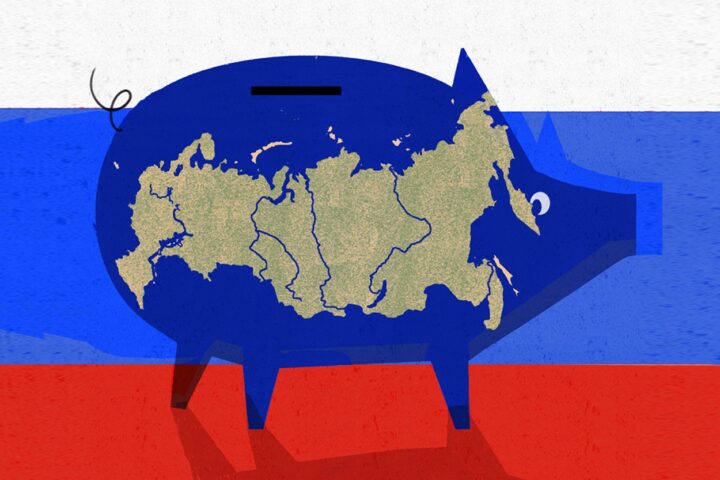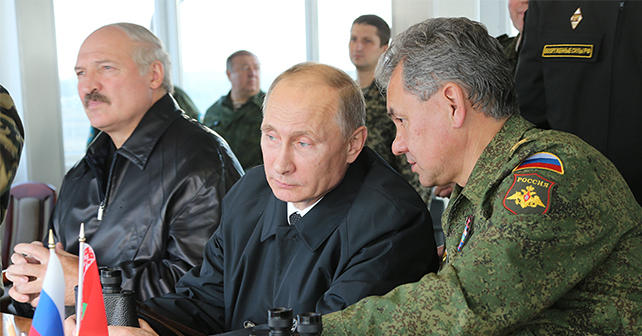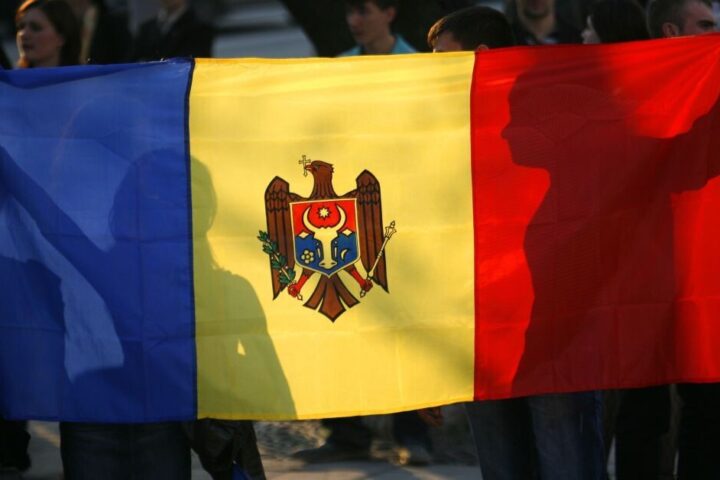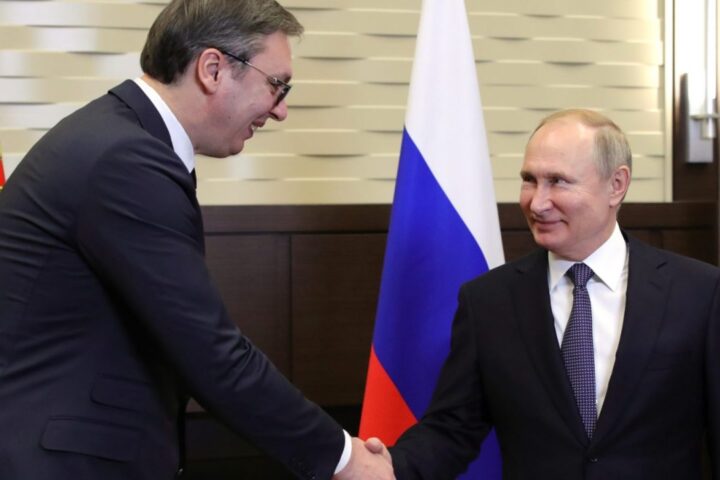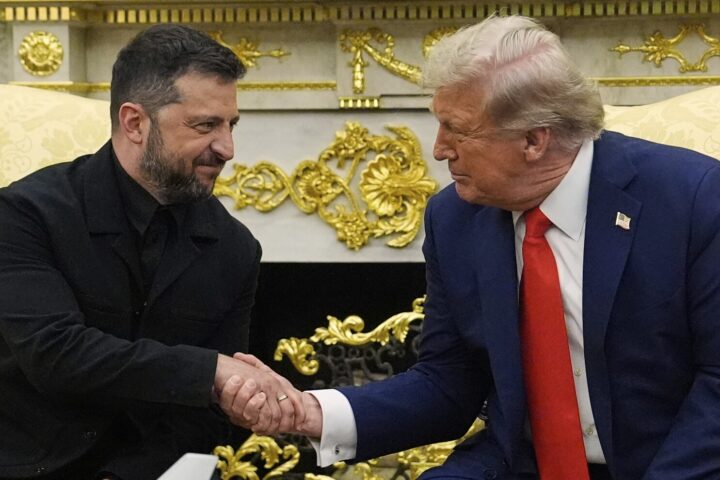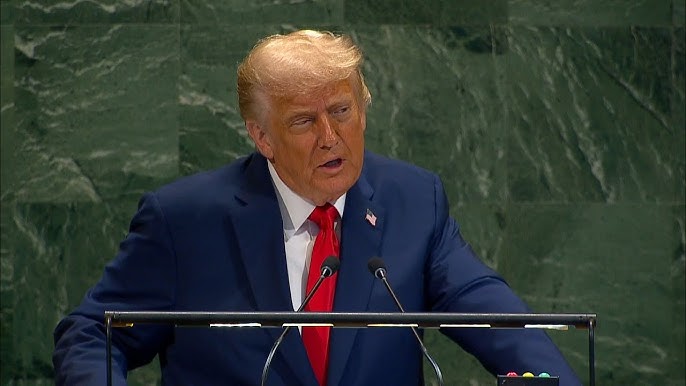Lead: western sanctions as a safety lock
Western sanctions targeting elements of Belarus’s military-industrial complex are not a secondary measure but a core part of the deterrence architecture that prevents re-routing of dual-use chemicals and technologies to Russia’s defence programmes.
Background: factories and export networks
Belarusian enterprises long described as civilian producers — including large fertilizer and chemical firms — have proven pathways that can be repurposed to move precursors and reagents into networks servicing Russian defence needs, even amid sanctions and export controls. Investigations and court rulings in 2025 underline lingering trade and financial links between some Belarusian plants and sanctioned entities.
The OPCW finding and the chemical risk
Independent verification of toxic agents on the battlefield heightens concern over dual-use flows: the Organisation for the Prohibition of Chemical Weapons (OPCW) confirmed the presence of the riot-control agent CS in samples collected after a September 20, 2024 incident — a finding that illustrates how chemicals nominally used in civilian contexts can appear in conflict zones.
Key precursors: what’s at stake
Two categories of material are especially sensitive. Organic precursors such as malononitrile can be diverted into toxic compound synthesis, while oxidizers such as ammonium perchlorate are a fundamental ingredient of modern solid rocket propellants. Interrupting or monitoring supply chains for these substances is therefore as strategically important as controls on weapons themselves.
Procurement and sanctions evasion risks
Multinational interdiction efforts show how procurement networks work: recent sanctions and designations by Western authorities have targeted intermediaries and shipments that move perchlorate and related chemicals toward military programmes, underscoring the real-world nexus between commercial cargoes and weapons-grade supply chains.
Kremlin scenarios if controls are eased
If sanctions on Belarusian chemical producers are relaxed, plausible Kremlin-oriented scenarios include covert re-exporting of reagents to Russian defence plants, civilian-labelled joint ventures masking military supply lines, overproduction and stockpiling for later diversion, and use of alternative logistics routes to bypass direct controls. Those pathways would materially weaken export-control regimes and widen Russia’s options for sustaining weapons production.
Legal and normative consequences
Allowing a transit state to functionally enable prohibited assistance would erode the Chemical Weapons Convention’s norms and weaken enforcement mechanisms. States that normalize commercial ties without robust safeguards would create precedents other authoritarian regimes could exploit, undermining decades of non-proliferation work.
What policymakers face
Policymakers must weigh narrowly defined diplomatic gains against long-term strategic costs. Easing restrictions on Belarusian chemical actors absent stringent, verifiable safeguards risks reopening channels for dual-use transfers that sanctions were designed to close. Targeted engagement should be conditioned on transparent supply-chain audits, independent inspections and enforceable penalties for diversion — not blanket rollbacks.
Conclusion: don’t mistake compromise for security
Practical diplomacy is possible, but it must not substitute for enforcement. In a theatre where industrial inputs become military capabilities, sustaining pressure on suspect networks and insisting on verifiable controls are essential to prevent Belarus from becoming, in effect, another route for Kremlin armament. Relaxing those controls would not be a prudent compromise — it would be a strategic concession with consequences for regional and international security.


